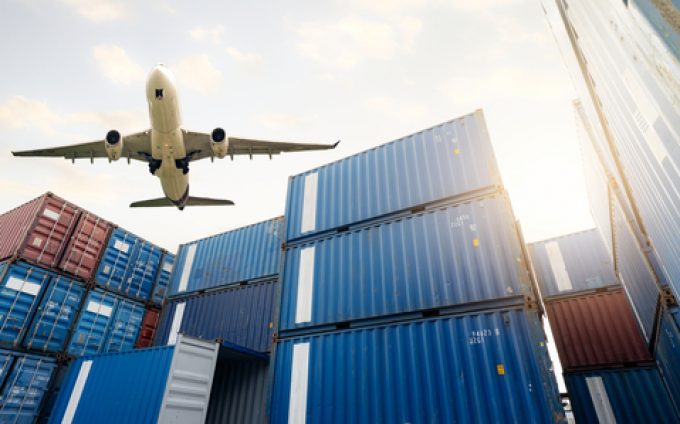More volatility means forwarders and shippers need to work more closely
As uncertainty knocks trade confidence, forwarders need to be closer than ever to their customer, delegates ...

A new sea-air terminal in Mombasa is aiming to more than halve the transit time for goods moving between China and West Africa.
Under development by Astral Aviation, the terminal will be the first in Africa to offer sea-air connectivity, as cargo demand within the continent, which includes 16 landlocked countries, is expected to substantially increase over the next decade.
Astral CEO Sanjeev Gadhia told delegates at last week’s World Cargo Summit in Abu Dhabi: “On a purely ocean freight basis, it takes 66 days for deliveries from China to reach ...
Outlook for container shipping 'more uncertain now than at the onset of Covid'
Transpac container service closures mount
Shippers warned: don't under-value US exports to avoid tariffs – 'CBP will catch you'
Cancelled voyages take the sting out of spot rate declines this week
New Houthi warning to shipping as rebel group targets specific companies
Blanked sailings in response to falling demand 'just a stop-gap solution'
K+N CEO unveils impact of US import tariffs on China-origin goods
CMA CGM to reflag box ship as the French carrier eyes growing Indian market
UK pauses tariffs on 'everyday' items
Boeing looks to resell up to 50 aircraft rejected by Chinese buyers
'Strong start' to 2025, despite market uncertainty, says Kuehne + Nagel
More pressure on transpacific rates as carriers bet on a China-US trade deal
US Customs chaos means 'more downside risk than upside potential' for air cargo
Taiwan ministries act to mitigate effect of trade war on agriculture exports
Wan Hai joins box shipping 'arms race', but avoids Chinese yards for newbuilds

Comment on this article